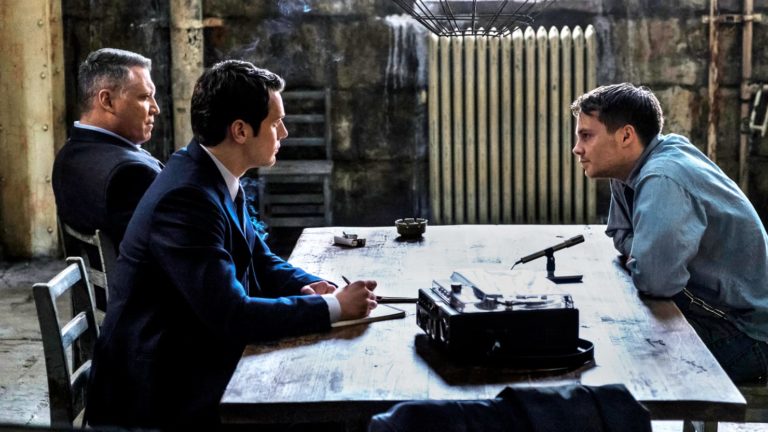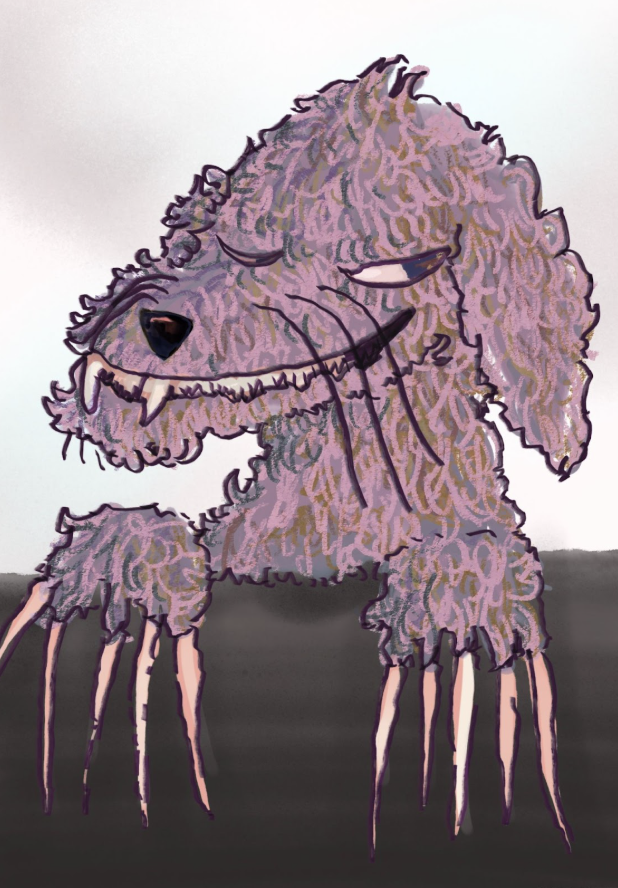Why “Mindhunter” Should Be Next on Your Netflix Queue

Looking for a new show on Netflix this fall break? Try “Mindhunter,” but skip the first episode. The drama, which debuted on the platform in 2017, follows Holden Ford (Jonathan Groff), a young, brilliant FBI agent who comes up with the idea to interview America’s most notorious serial killers.
It’s a tale inspired by the true story of the Special Agent John Douglas, who detailed his experiences in his memoir “Mindhunter: Inside the FBI’s Elite Serial Crime Unit.” Douglas, and in the dramatized rendering Ford, is the first to interview the country’s most dangerous killers.
His reasoning: knowing these killers’ motivations, patterns and tics would help the FBI agents create profiles and ultimately apprehend other serial killers. His logic is that returning to the scene of the crime to re-experience the feelings of pleasure and unbridled power — getting inside the killer’s mind — is the only way to truly understand, and stop, killings. This makes sense — how can you catch a criminal you don’t understand — but in the show’s setting of 1970s America, where the term “serial killer” did not yet exist, it was a truly radical idea. In fact, it was Robert Ressler, the real-life agent inspiring Holden’s fictional partner Bill Tench (Holt McCallany), who coined the very term “serial killer,” an event which the show reimagines as a rapid-fire conversation.
Teaming up with academic Dr. Wendy Carr (a fictionalized Ann Burgess), Ford and Tench zig-zag across the country conducting their interviews. The serial killers across the two seasons — including loquacious Ed Kemper, teenage dirtbag Monte Rissell, “Son of Sam” David Berkowitz, “tiny” Charles Manson and downright terrifying Richard Speck — are all uncannily portrayed by no-name actors who bear a striking resemblance to the real killers. (In a twist of coincidental casting, Damon Herriman steps into the role of Manson and fills the same role in Quentin Tarantino’s “Once Upon a Time in Hollywood.”)
What’s more frightening is that the show stages most of these interviews almost word for word as they occurred in real life.
Another distinctive aspect of the show, given its genre and the current explosion in popularity of true crime series, is that it is almost entirely bloodless. Instead, each episode opens with a minute-long scene from the mundane aspects in the life of the killer BTK, the name Dennis Rader gave himself for his sadistic method of killing: bind, torture, kill.
We see him at the library doodling sketches of victims, driving by potential homes or sending letters — presumably to the press boasting about his kills. There are occasionally glimpses of brutalized bodies, usually in photos fom the crime scenes, but the genre’s usual unsettling convention of potraying violence against women is absent. Of course, the killers at the show’s center are espousing disgusting acts and ideas of violence about women, but this immense physical violence takes place off screen.
While largely comprised of scenes of sitting and talking, “Mindhunter” remains terrifying. One sequence in season two, when Tench interviews BTK survivor Kevin Bright — who insists Tench not look back at his face, severely damaged after surviving several gunshots from the killer — is truly bone-chilling.
Often after watching the show, I both lock my door and fall into a Wikipedia binge, reading about the gruesome realities fictionalized in the show. (There’s also apparently a “Murderpedia,” an encyclopedia of murderers, if you’re into that sort of thing).
The second season is even better than the first. It deviates from the first season’s “crime of the week” structure to instead zero in on one crime for the whole season. It follows the 1979-1981 Atlanta child murders that claimed the lives of 28 children. There, Ford finds himself completely out of his depth when dealing with race and local politics as well as the fact that his psychology of killer interviews is not particularly well-received in the community.
Excelling in its realistic portrayal, the show illustrates how these cases are steeped in frustration and ambiguity, not tied up neatly with a bow. David Fincher, who has also directed “The Social Network,” “Se7en” and “Fight Club,” is on hand as a producer and director for a handful of the episodes; he has also planned on releasing five seasons of the




Comments ()